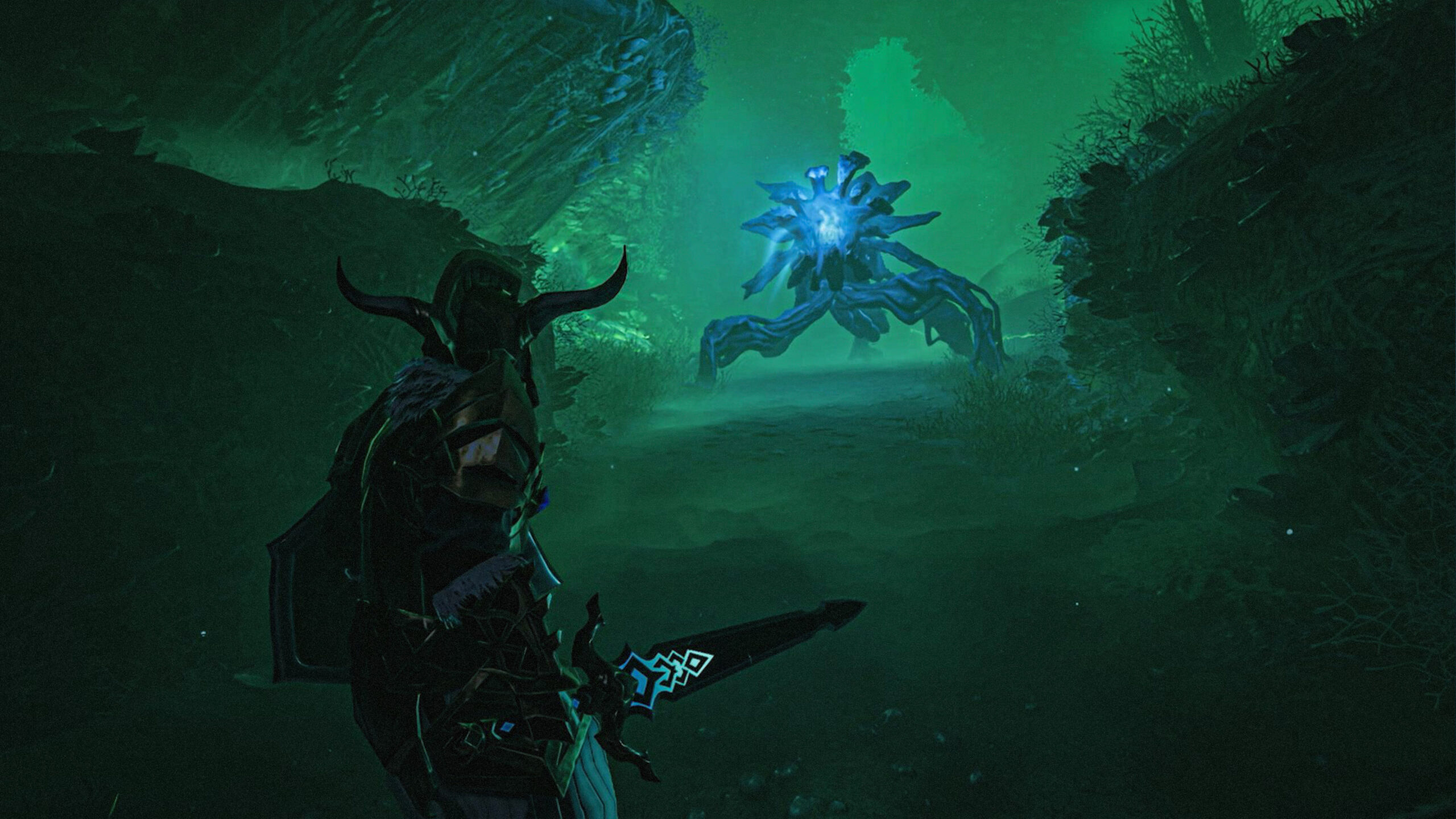Where else but Bandcamp are you going to buy the Halo theme rendered on sitar on an album called SitarCraft? It must be protected.
After years of chill profitability, one of our favorite websites—which is a great place to buy and listen to videogame and videogame-inspired music—has been dealt a crushing blow: Epic Games bought the artist-forward music store last year, and then said this year that, oops, it’s been spending too much money, and now has to sell it to licensing company Songtradr. About half of Bandcamp’s staff has been laid off in the divestiture, part of approximately 830 cost-cutting Epic Games layoffs this year.
It’s a disgraceful scene for Epic, which just a year-and-a-half ago was saying that Bandcamp would be an important part of its company.
Epic says its plan was “unrealistic”
Until now, Epic’s Fortnite-fueled spending spree has been a nuisance for PC gamers, but also a boon in a lot of ways. I don’t know anyone who loves Epic Games Store exclusivity deals, but those deals have guaranteed funding for games we do love—Chivalry 2 comes to mind for me—and Epic continues to give away free games weekly. Epic also started a new publishing wing that funded the development of Alan Wake 2, a risk no one else clearly wanted to take, and is also funding the next project from genDesign, creator of The Last Guardian, a game that had a famously long development period and just so-so sales.
That’s all fine with me: I can think of many worse things to do with V-Bucks riches than convert them into ambitious, potentially unprofitable games from beloved developers. And one of those things is buying a music store we all love and then laying off half its staff and sending the rest to work for a music licensing company.
Alas, what looked like reckless spending—hundreds of millions on exclusives, a lawsuit against Apple, the purchase of a literal mall—has turned out to be just that. Epic CEO Tim Sweeney said last month that he hoped Epic could transition Fortnite into “a metaverse-inspired ecosystem for creators” without layoffs, but now sees that his plan was “unrealistic.”
Facebook did roughly the same thing: saw an opportunity to expand during the pandemic, said “metaverse” a lot, and then announced that it had made a big mistake and laid off 13% of the company.
Please don’t ruin Bandcamp
Bandcamp lives on, wounded by the sort of hubris that would’ve prevented it ever being good in the first place. It’s an anomaly: a tech startup that seems to actually be about what it says it’s about—giving artists a way to sell music to people who like music—rather than the first phase in, say, a scheme to control all of the world’s audio files.
Epic and Songtradr, meanwhile, see in Bandcamp a giant music collection that they can make licensable. That could mean more money for artists, and would be a valuable addition to Epic’s suite of resources for developers, which is why the Unreal Engine maker still plans to work with the site through Songtradr.
It’s not a platform or a portal, it is a painstakingly hand-crafted community.
Bandcamp employee Ed Blair
I’ve got no objection to giving artists a framework for licensing their music, but I simply don’t trust the aspiring emperors of the metaverse to be good stewards of commentary on interesting field recordings. Songtradr says that Bandcamp’s current offering won’t change, but Bandcamp’s current offering includes music recommendations and artist profiles, and half of its editorial team was just laid off—clearly opinions differ on what makes the site what it is.
“Bandcamp isn’t Bandcamp without the people who build and maintain the website—we are the people who made this website the platform it is for artists,” said support specialist Ed Blair in a Bandcamp United union statement about Songtradr’s acquisiton. “It’s not a platform or a portal, it is a painstakingly hand-crafted community.”
(Image credit: Songtradr)
It sucks! Especially since, as of 2021 and for 10 years prior, Bandcamp was profitable, according to a Billboard report.
I like that Epic’s been an industry gadfly, pestering Apple, Valve, and others to give developers a better cut, but I’ve got to take a cynical view of a company that says it wants to support artists and then makes one of the best platforms for artists pay for its reckless growth. Thanks for the free games and for funding Alan Wake 2, Epic, but please don’t buy any more companies if you can help it.
While I’m at it, the same goes for studio vacuum Embracer Group, which announced this year that its “strategy of accelerated organic growth” now requires it to reduce debt by cutting jobs. It has since closed Saints Row studio Volition, laid off 26 at Beamdog, and just this week let go 32 employees at Pinball FX studio Zen Studios.











